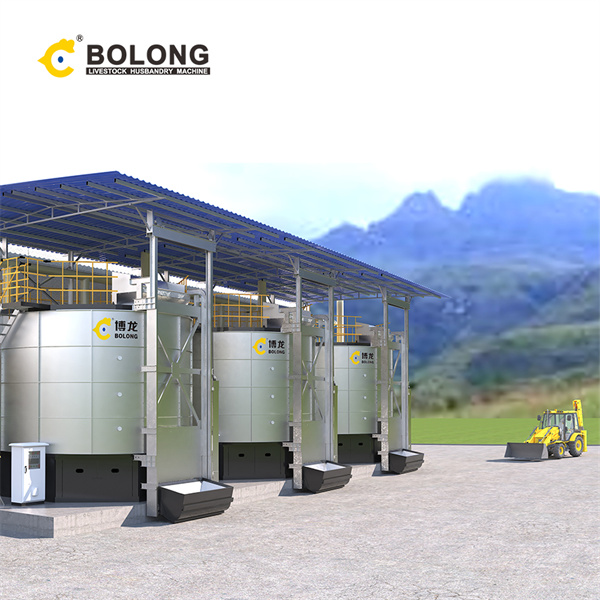
Livestock manure is one of the most important pools of antibiotic resistance genes (ARGs) in the environment. Aerobic composting can effectively reduce the spread of antibiotic resistance risk in livestock manure. Understanding the effect of aerobic composting process parameters on manure-sourced ARGs is important to control their spreading risk. In this study, the effects of process
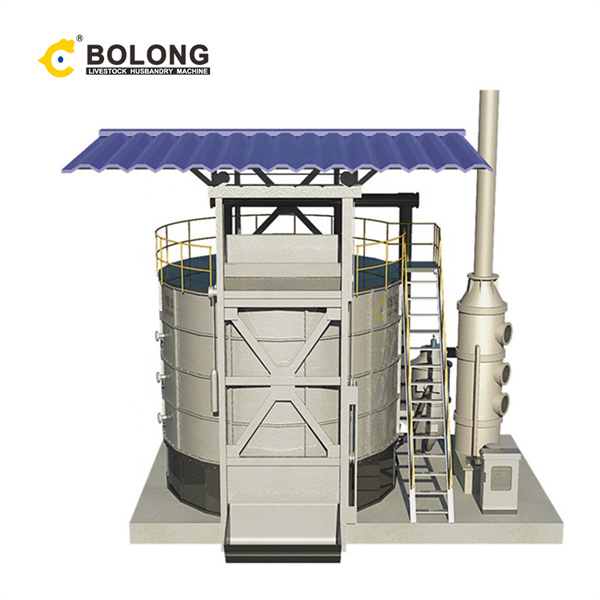
Apr 29, 2023 · 1.1 Introduction. Animal waste is defined as waste generated from livestock and meat production. When we think of animal waste, we usually think of the excreta of living animals. However, waste may also include wood crisps, hay, straw or other organic material, depending on the production process.
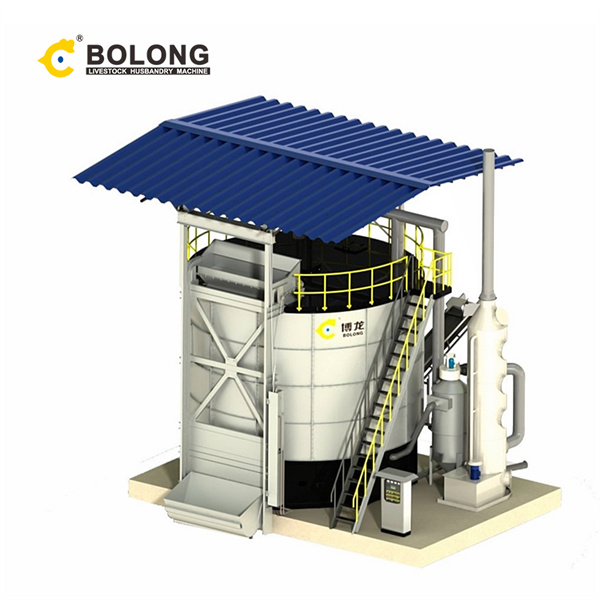
Composting reduces the volume and density of manure approximately 50-65% (Figures 1 and 2). The decrease in volume reduces hauling costs. Wiederholt et al., (2009) conducted a case study that compared the energy required of a 180-head feedlot operation that applied raw manure and composted manure to agricultural fields.
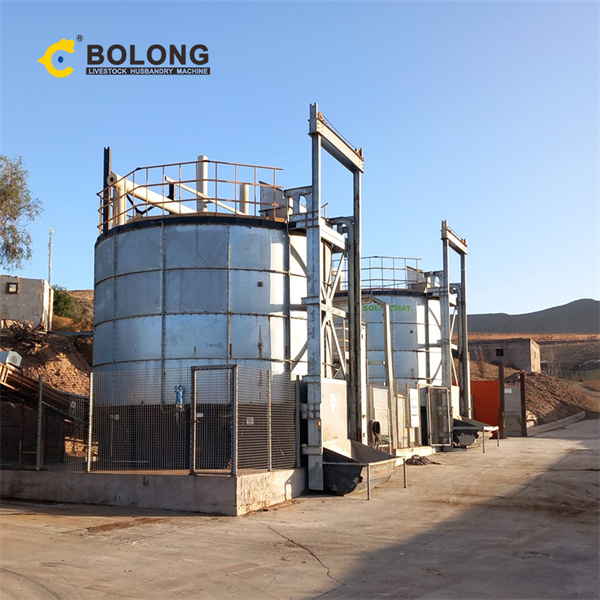
Feb 14, 2022 · Methane emission from pig’s manure is mainly affected by environmental conditions, manure properties (e.g., moisture content and pH), manure management practices, and the portion of manure anaerobically decomposed (Liang et al. 2005; Cortus et al. 2012; Hetchler et al. 2015). Moreover, the manure properties primarily depend upon the nutrient
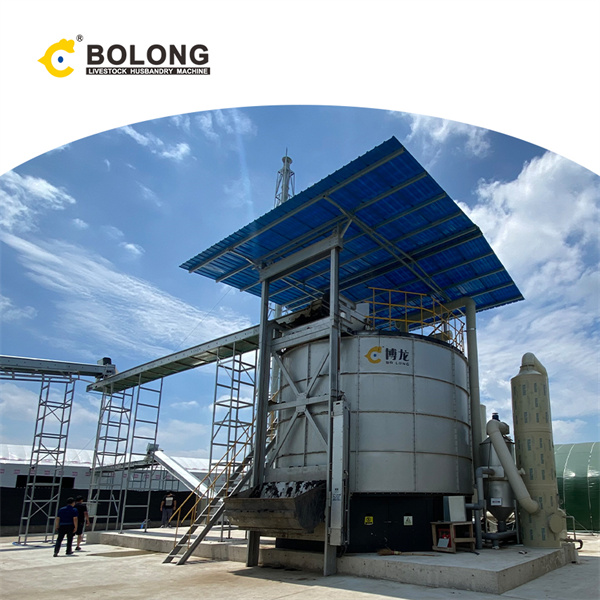
Mar 21, 2023 · There are several points that need to emphasize when starting to compost pig manure commercially: * The C:N ratio for pig manure is 6:1. So pig manure should be mixed with common carbon-rich materials like sawdust, leaves, hay, straw powder, cornstalks, sawdust, wood bran, peanut shells, and various plant refuse with the requirement of 6:1
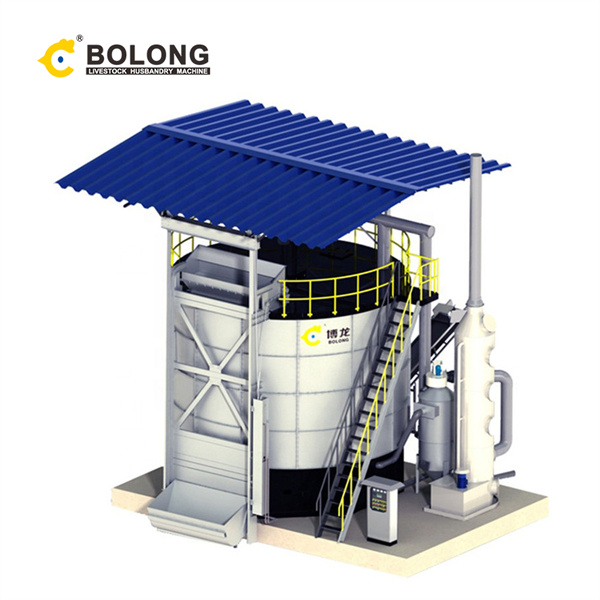
Mar 1, 2021 · The results indicate that pig manure and grass silage co-digestion performs best in 9 of the 11 impact categories assessed. Compared with direct land application, mono-digestion of pig manure decreases direct greenhouse gas emissions by 48% (190 tonne CO 2e). Co-digestion with grass silage increases the total energy recovery by 226% (1592 MWh
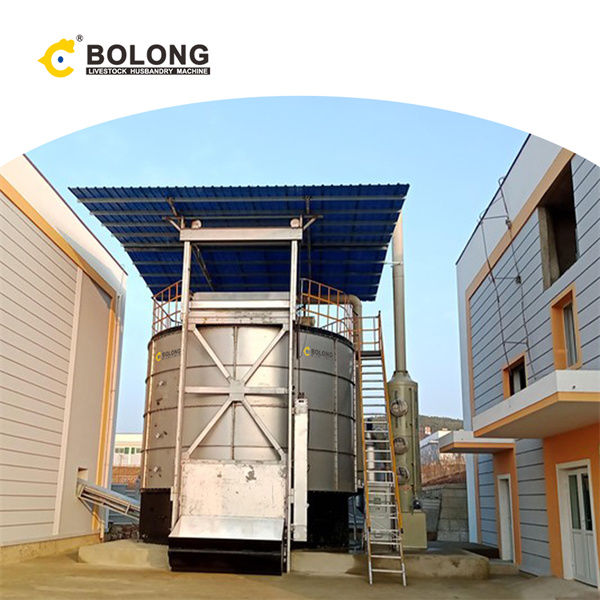
Mar 22, 2022 · This study evaluates the environmental impact assessment of sustainable pig farm via management of nutrient and co-product flows in the farm. Manure management and biogas production are among the most promising pathways towards fully utilizing organic waste within a circular bioeconomy as the most environmentally friendly solution mitigating gaseous emissions and producing bioenergy and high

chemistry; however, manure composting may raise legitimate environmental concerns 17–19. Methane is formed Methane is formed as a result of anaerobic decomposing of organic matter.
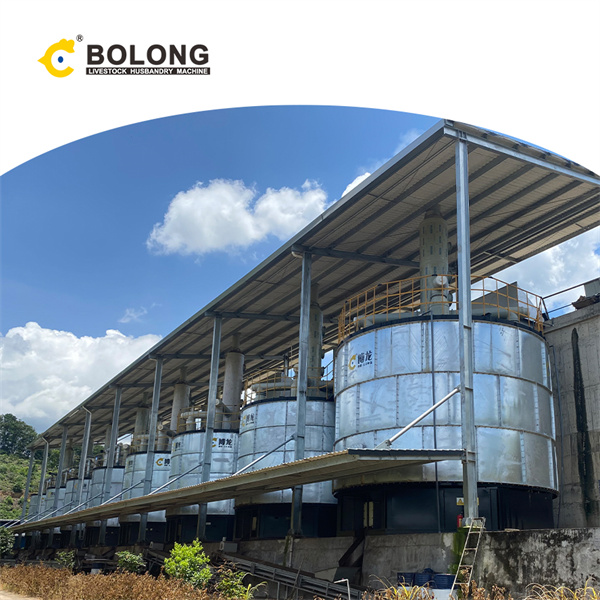
Mar 16, 2022 · Abstract. The current trend towards larger pig farms increases their profitability but might harm animal welfare and the environment. More efficient pig manure management is a way to address this challenge. Available manure handling and utilisation systems may feature from 8 to 50% nutrient loss to the environment.

Dec 20, 2023 · Corbala-Robles et al. (2018) analyzed the environmental impacts of the PM management strategies of centrifugation-wastewater biological denitrification-land application after manure composting and direct on-site land application of untreated manure, and concluded that the compost application, the effluent from the biological treatment, and the
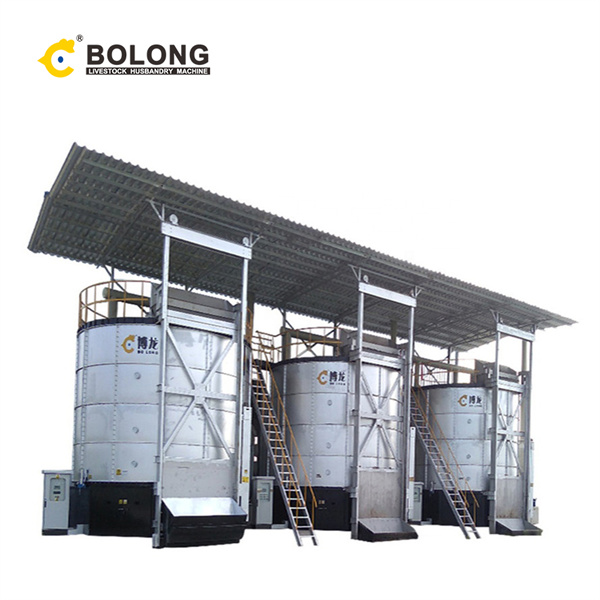
The influence of pine leaf biochar (PLB) amendment on bacterial community succession and its correlation with physic-chemical parameters during pig manure (PM) composting was evaluated. The five different dosages of PLB [at 0% (T1), 2.5% (T2), 5% (T3), 10% (T4) and 15% (T5)] mixed with initial composting mass were conducted to composting for 50
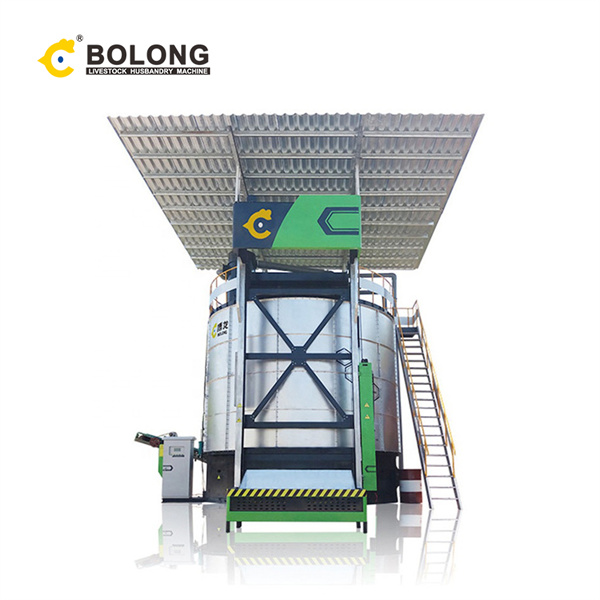
Mix everything well and be sure to keep it moist (though not sodden) to start the decomposition action. At least once a month, head to your compost pile and turn it with a pitchfork. This will supply the compost with air, which is necessary to help get the microbes going. It will also further mix the ingredients, too.
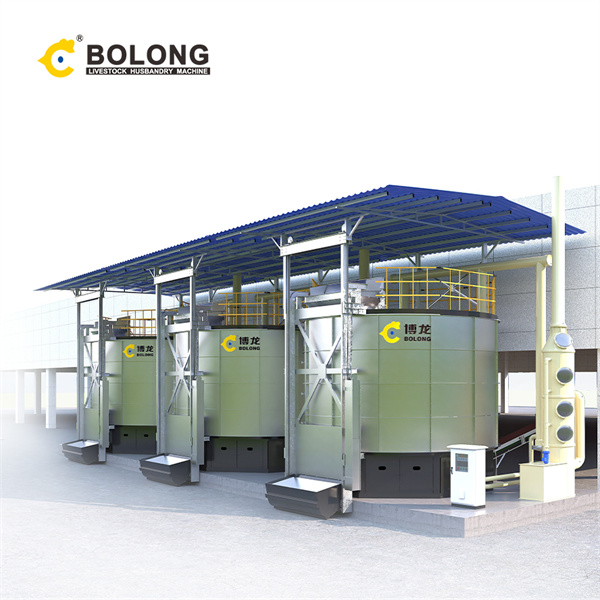
Apr 23, 2024 · The primary aim of this research was to evaluate and compare the environmental impacts, throughout the life cycle, of the main treatment systems employed by the industry, as well as to identify the processes that contribute most to these environmental impacts. To achieve this, a bibliographical search was conducted using the Web of Science Core Collection database platform, utilizing the

Apr 21, 2022 · The combined composting process of chicken manure, tobacco residue, and mushroom bran will emit large amounts of CH 4 and N 2 O gases into the environment, the environmental load that leads to the potential greenhouse effect is the main environmental impact type of the three composting processes, and the global warming impact is in the order of

Oct 7, 2022 · The short answer is, yes - you can compost pig manure for your non-edible, non-consumable garden or lawn. Pig manure can be highly beneficial to your garden as it is rich in nitrogen and other nutrients such as phosphorus and potassium. Here are a few basic to consider before we dive a bit more in-depth: